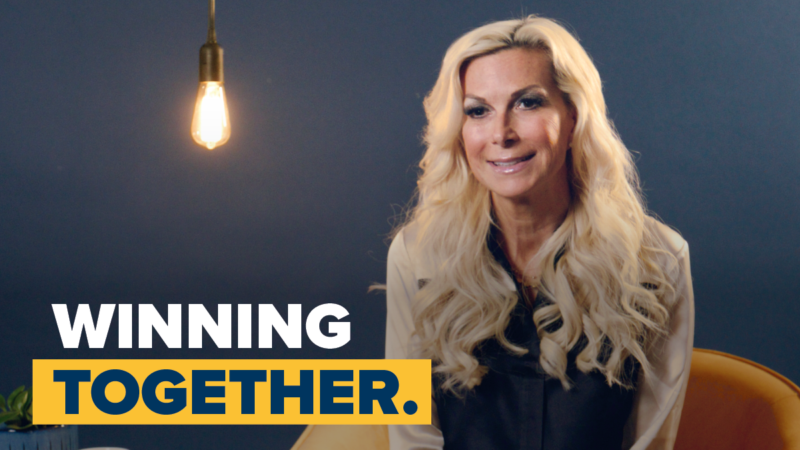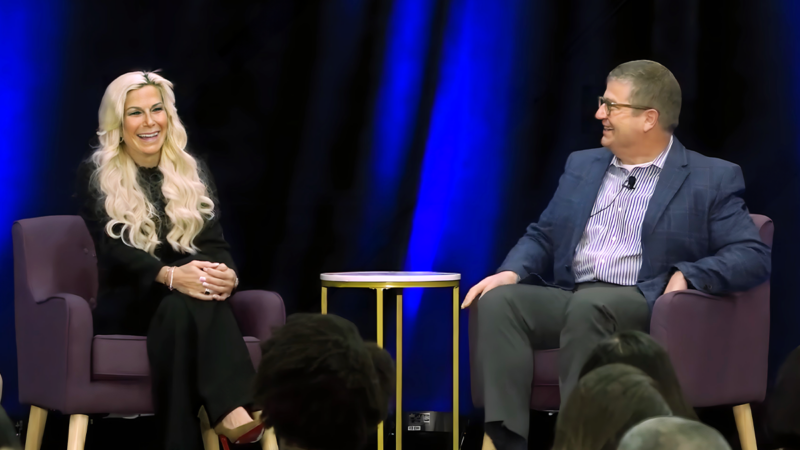By Ashley Heline, AVP Marketing & Producer Management
Mediocre meetings that lack purpose and clear next steps have no place in a time-strapped, fast-paced culture. Follow the effective meeting strategies below to ensure your meetings lead to results.
Preparing for a meeting
Preparing for a meeting is the first step to a successful client development process. Being prepared ensures that meetings are productive, which helps build and maintain successful customer relationships. Every meeting – even a lunch meeting – is an opportunity to move the relationship forward and thus advance in the client development process.
Checking the following elements off your meeting prep list is one way to launch meetings minus the miscues.
- Determine whom to visit or call.
- Send a calendar invitation.
- Develop a written agenda.
- Provide the client with a proposed agenda and ask for their feedback.
- Confirm the appointment.
Keep your planning on track with tools such as Ascend With Argo’s meeting planning tool and collaborate with attendees to develop a clear, concise agenda. Keep in mind that it’s important for the agenda to:
- Include current issues with which the client needs assistance.
- Note attendees and their titles.
- List topics that will be covered.
- Include the meeting location’s address.
When you are early in your career, remember it is okay to ask other subject matter experts on your team to attend a meeting with you.
Conducting an effective meeting
It’s important to be professional, follow your agenda and listen carefully when conducting a meeting. Show the audience you value their input by asking questions of the entire group. Identify problems you can provide a solution for and be open to inspiration and opportunities that develop during the course of the meeting.
When starting a meeting:
- Begin on time.
- Build rapport.
- Frame the purpose and length of the meeting.
- Introduce attendees.
- Confirm that the planned presentation is indeed what the client wants.
- Take notes.
Navigating in-person versus phone meetings
During in-person meetings, observe the room by noting facial expressions and body language. Show your own engagement by silencing your phone and making eye contact.
Phone meetings require more preparation because they don’t offer face-to-face cues. Introductions still matter, so make sure attendees know who else is participating in the meeting and encourage everyone to mute their phones. Redirect questions as needed and pose them to specific attendees.
Brainstorm key phrases before the meeting to deploy as needed to stay on track. These could include:
- “Before we move on, I’d like to wrap up my thought…”
- “I think the original question was…”
- “Did that answer your question?”
- “We don’t have to solve that today, but let’s address this as an action item going forward.”
End meetings by asking if there are any remaining questions, reviewing next steps and assigning responsibility for each step. Be sure to thank attendees and end on time.
Following up after a meeting
The work isn’t done when the meeting ends. After a meeting ends, send a follow-up email to ensure task owners act on next steps and share information with other departments as needed. To continue to build a successful relationship with your client, it is important you do what you say you are going to do. Complete all of your follow-up items discussed within the agreed-upon time frame.
Meetings can be a powerful differentiator for you and your company when well-planned, skillfully executed and promptly followed up on. Learning how to run effective meetings can pay career-long dividends.
Download Ascend With Argo’s agenda template and meeting planning tool to streamline planning for your next meeting. Visit Ascend With Argo to learn more about the program’s education, support and insights for early-career producers.





